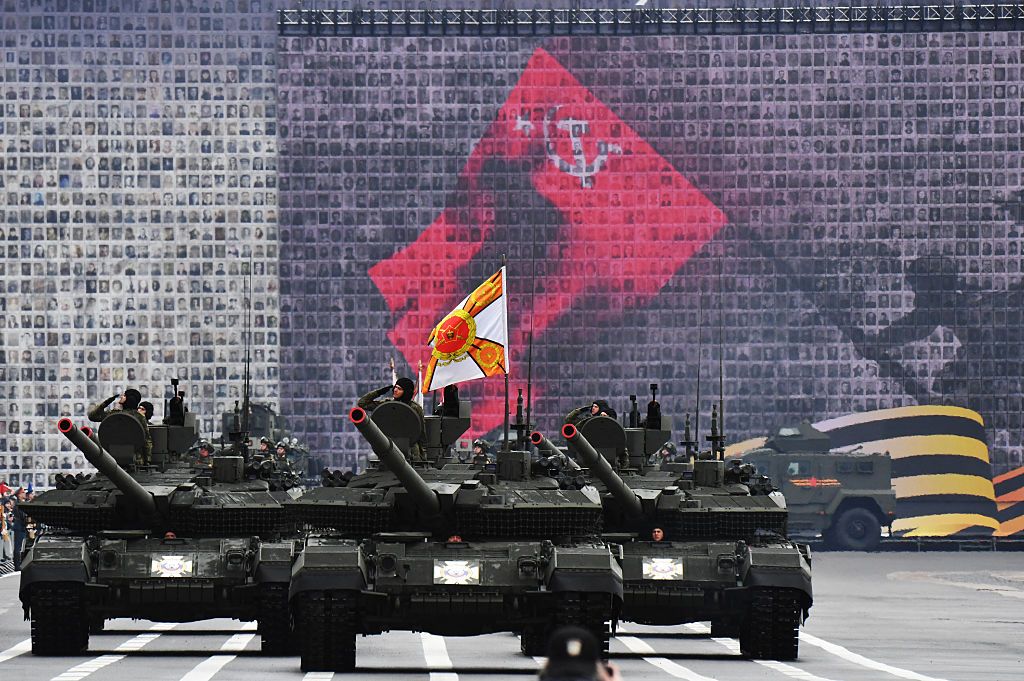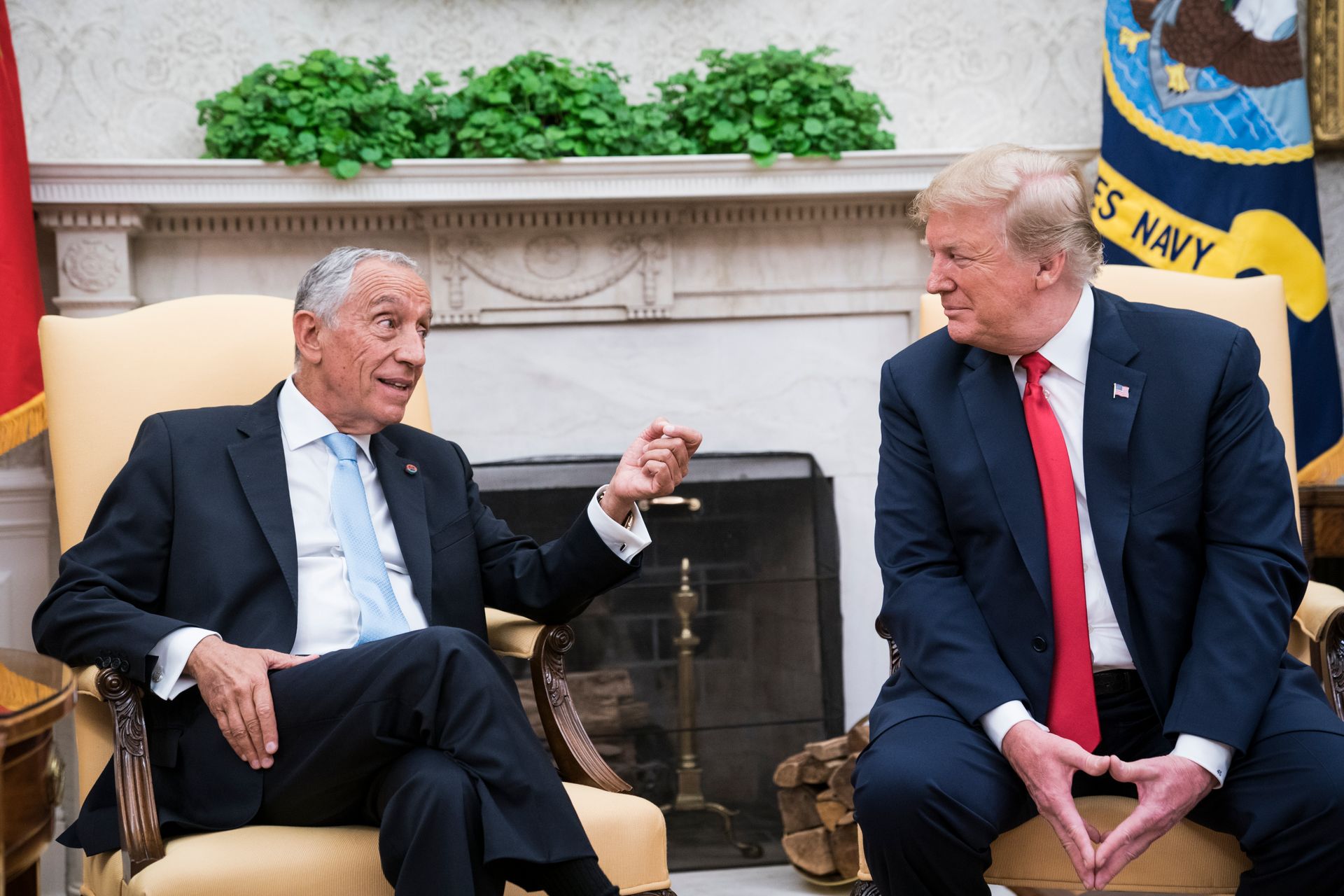Ukraine's intel chief warns of Russian disinformation wave ahead of Zapad-2025 military drills

At the international forum "Information War: From Resistance to Resilience," Ukraine’s military intelligence chief Kyrylo Budanov warned that the upcoming Russian-Belarusian joint strategic military exercise will trigger a major wave of disinformation and cognitive pressure against Ukraine and European countries.
Budanov said that upcoming joint exercises, set to begin in two weeks, will pose challenges for both Ukraine and European countries, particularly through what he described as "cognitive influence" — one of the main tools of disinformation and information warfare.
"After the events of 2022 in Ukraine, these drills are no longer perceived as mere training exercises but as something more. That is the problem. Right now, there is already a wave of tension, and with the start of the active phase on Sept. 12, we will see an enormous wave of information escalation," Budanov said.
Budanov warned that disinformation would flood in from all sides — with roughly 90% coming from Russia and the rest from other sources — "fueling hysteria." He noted that while the drills are designed to rehearse operations in the western theater of war rather than directly against Ukraine, they carry strong symbolic weight for Europe, especially the Baltic states.
"Unfortunately, these countries will come under heavy information pressure once the active phase begins, accompanied by provocations and false narratives, some of which have already started," he added.
Budanov’s warning comes as intelligence reports shed more light on the scale and nature of Zapad-2025.
The drills were kept under wraps for months, with both the location and projected troop numbers shifting repeatedly. Initially announced as involving up to 13,000 troops, the exercises were later downscaled and moved deeper into Russian territory in May.
Lithuanian intelligence now estimates the drills will involve around 30,000 personnel in total, with 6,000–8,000 stationed in Belarus and others in Russia’s Kaliningrad exclave.
Independent analysts believe the reduction reflects Russia’s battlefield losses in Ukraine and shortages of equipment. The opposition watchdog Belpol has argued that Moscow cannot sustain larger deployments.
According to iSANS, only about 2,150 Russian troops were stationed in Belarus in June, limited to two communications bases and an airfield. Additional Russian forces began arriving on Aug. 6, though their exact numbers remain unclear.












